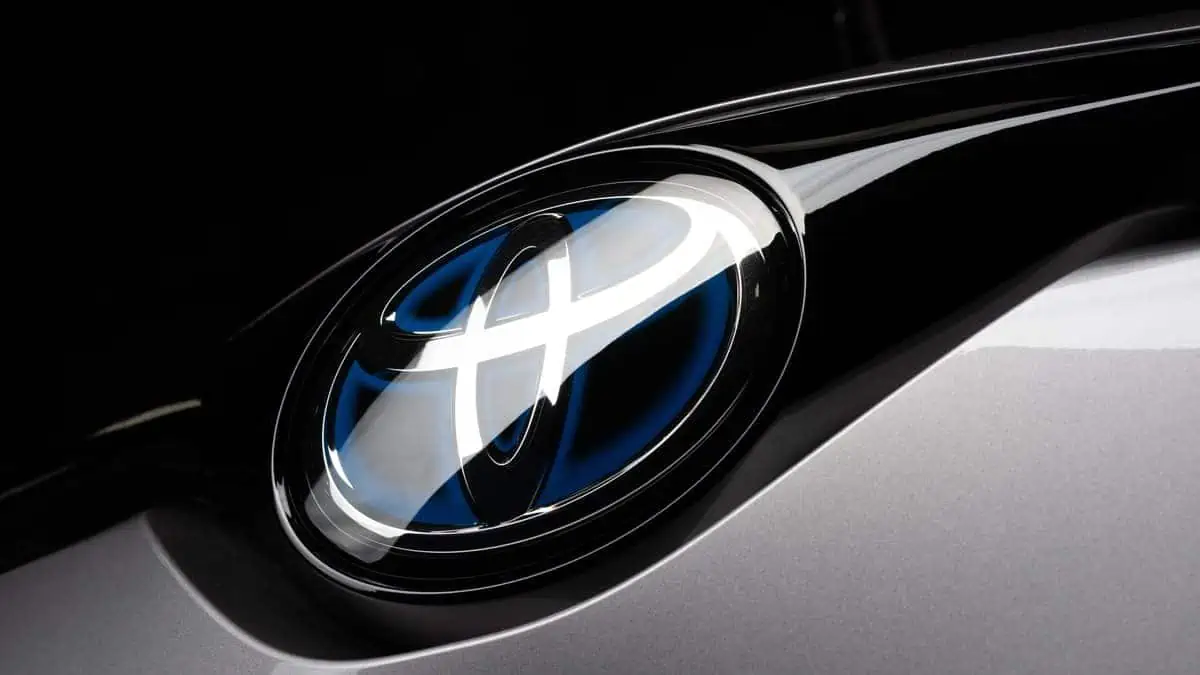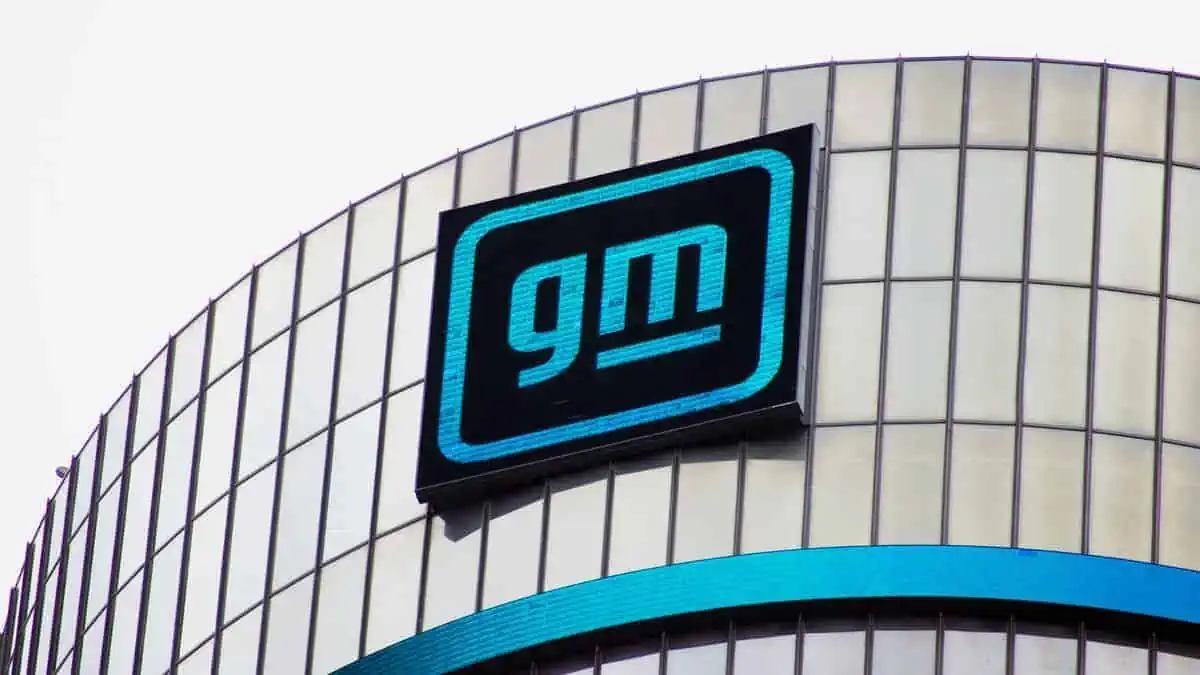Japanese legacy automaker Toyota Motor is exploring a potential new electric vehicle battery factory on Japan’s “Silicon Island” to remain competitive against the surge of China-made EVs, particularly from BYD.
Toyota accelerates EV push with new battery plant
Toyota plans to establish a new battery factory for electric vehicles in Kyushu, also known as the “Silicon Island” in Japan, according to Nikkei.
The site houses several automotive and semiconductor factories, making it worthy of its nickname. In fact, Tesla supplier Taiwan Semiconductor Manufacturing Co. (TSMC) just launched its second factory in Silicon Island.
The move is crucial to Toyota’s plans to solidify its electric vehicle supply chain, potentially enabling it to catch up to Chinese rivals in Asia.
Plan details
Toyota reportedly plans to make Kyushu, the southernmost of Japan’s four main islands, a central part of its electric vehicle supply chain and an export base to the Asian region.
Toyota will buy land at an industrial park, which the Fukuoka prefectural government is currently building. The site is apparently just 40 kilometers away from Toyota’s existing Miyata plant for Lexus cars. This vehicle plant currently has an annual production capacity of 430,000 units, with exports accounting for 90% of the total.
Toyota, through its battery unit Primearth EV Energy, will manage the new Japanese factory. The company expects the new battery facility to serve as the main supplier to the Miyata plant.
The Japanese automotive giant expects the Ministry of Economy, Trade and Industry to subsidize the planned battery factory under the Economic Security Promotion Act.
Fending off Chinese rivals
Toyota has undoubtedly been one of the biggest laggards in electric vehicle adoption, primarily due to its strong preference for hybrid technology.
Now, the Japanese automaker seems to have acknowledged that it needs to catch up in the EV race to remain competitive in the rapidly growing market amid the surge of China-made EVs in Asia.
In fact, the Japan Automobile Importers Association (JAIA) revealed that Chinese EV imports contributed almost 10% of all vehicles shipped into the domestic market in H1 2024. This rate can further increase, especially as Chinese giant BYD has now rolled out three low-cost EV models in the Japanese market.
This possibility is a major threat to the current dominance of Toyota and other domestic automakers in the domestic market. These considered, it is unsurprising that Toyota is now aiming to counter BYD’s appeal with its planned new battery factory in Kyushu.
Toyota has yet to announce more specific details about the Kyushu battery plant’s construction schedule and investment. One thing is for sure: the battery facility’s strategic location can enable Toyota to evade unnecessary shipping expenditures and critical time in its Miyata EV plant.






